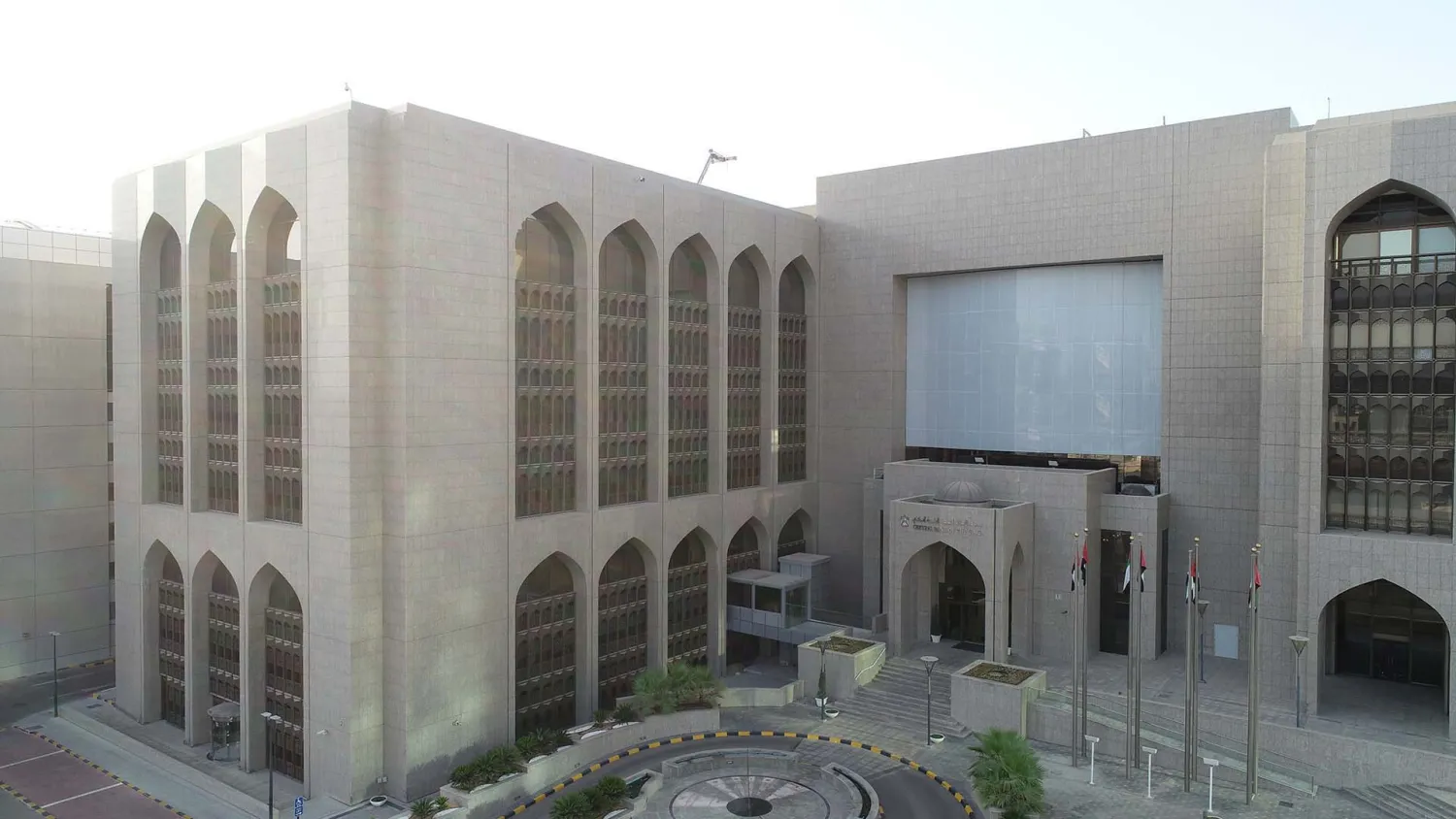UAE's GDP growth is forecast to pick up to 2.5 per cent and 3.5 per cent, respectively in 2021 and 2022, according to a recent report by the Central Bank of UAE (CBUAE).
The country’s non-oil GDP will grow by 3.6 percent during this year and will reach 3.9 percent in the upcoming year.
The Central Bank had confirmed that the targeted comprehensive economic support plan has achieved remarkable positive results within a year since its launch, paving the way for the strong recovery from the repercussions of the Covid-19 pandemic.
The bank also launched two new payment system regulations aiming to promote robust financial infrastructure, which is essential for financial stability and consumer protection.
The two systems, the Large-Value Payment Systems (LVPS) Regulation and the Retail Payment Systems (RPS) Regulation, also facilitate the UAE’s international competitiveness.
Governor Abdulhamid al-Ahmadi remarked that payment systems are the “plumbing of the financial system” a critical part of any country’s financial infrastructure.
Ahmadi asserted that the issuance of the two regulations is an important milestone to reach the objective of providing robust, efficient, and accessible financial infrastructure in the UAE, serving the financial institutions, corporations, and people, and supporting the country’s competitive economy.
“The large value and retail payments systems regulations will help facilitate smooth, secure, and efficient conduct of transactions. The retail payments regulation will also provide a level playing field to advance innovation and competition, and financial inclusion.”
The LVPS regulation sets standards for financial infrastructure systems that support wholesale payment activities in the UAE.
As for the RPS regulation, it focuses on systems for retail payments, which provide funds transfer, clearing, and settlement services related to retail activities. The regulation covers all retail payment systems irrespective of currency or means of exchange in which the transactions are conducted.
The Bank explained that system operators and settlement institutions of existing large-value payment systems and retail payment systems operating in the UAE must comply with the requirements of these two regulations by the end of February 2022.









